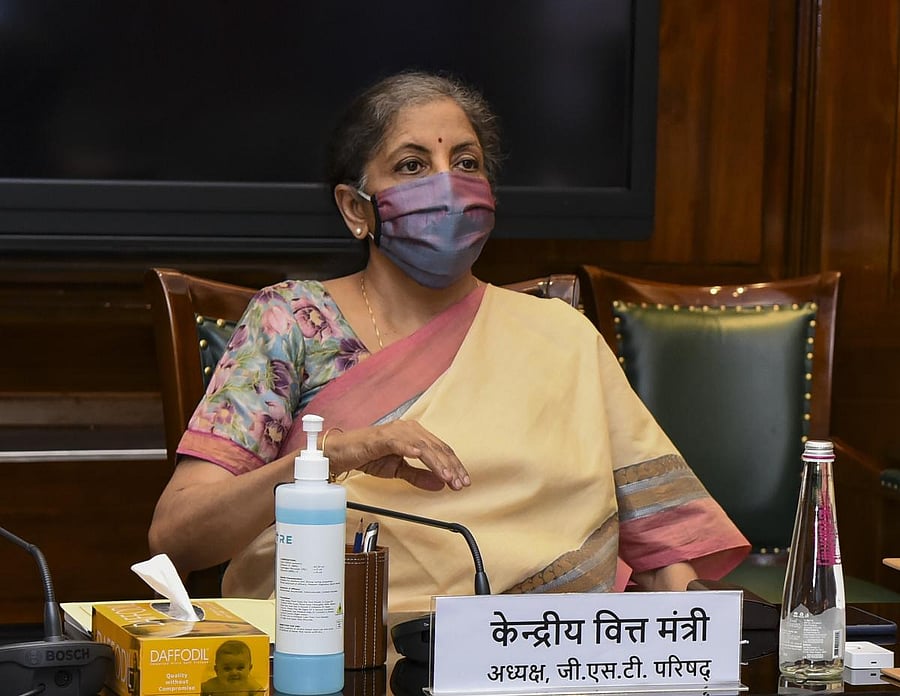
The central government has violated a solemn commitment it had made to the states on compensation for their loss of revenue during the transition to the Goods and Services Tax (GST) regime. It had promised to make up the shortfall in states revenues by the introduction of the GST for five years. It created a fund for it by imposing a cess on sin goods like tobacco. But it has now sought to wriggle out of its promise with a creative and opportunistic interpretation of the commitment. The Centre has taken the position that it could pay the compensation only from the cess, whose yield is low this year, though the 101st Constitution Amendment, which introduced the GST and provided for the compensation, and the law passed by Parliament accordingly do not mention any conditions for the commitment. But Union Finance Minister Nirmala Sitharaman invoked an “act of God” to deny the states their due.
The expected shortfall in GST collections this year is about Rs 2.35 lakh crore. At the GST Council meeting held on Thursday, the Centre offered two options to the states which will allow them to borrow from the market under a special window to be facilitated in consultation with the RBI. The Centre maintained that it had no obligation to make up the Covid-related shortfall as it was not specifically mentioned in the law. There was no discussion on the options in the meeting and the states have to send their responses within a week. They actually have no option but to accept the Centre’s terms. This amounts to shifting the burden, which it had promised to take upon itself, on to the states.
The states had made several proposals to tide over the situation. These included increasing the cess or borrowing by the Centre which would then transfer them to the states. The Centre is in a better position to borrow than the states which are in serious financial distress. It also has more means of raising revenues. But the states have to spend money on the fight against Covid-19, meet routine administrative expenditure and implement their welfare schemes and projects. The revenue from the GST forms about one-third of their revenues and they do not have many other means of raising revenues. Surely, they will have to cut back on some of their essential spending. Reduced spending by states will also set their local economies back. The Centre’s position on compensation, which the states consider to be a betrayal, is also a gross violation of the principles of co-operative federalism which it has claimed to adhere to. How do the states trust the Centre on any matter after this?
